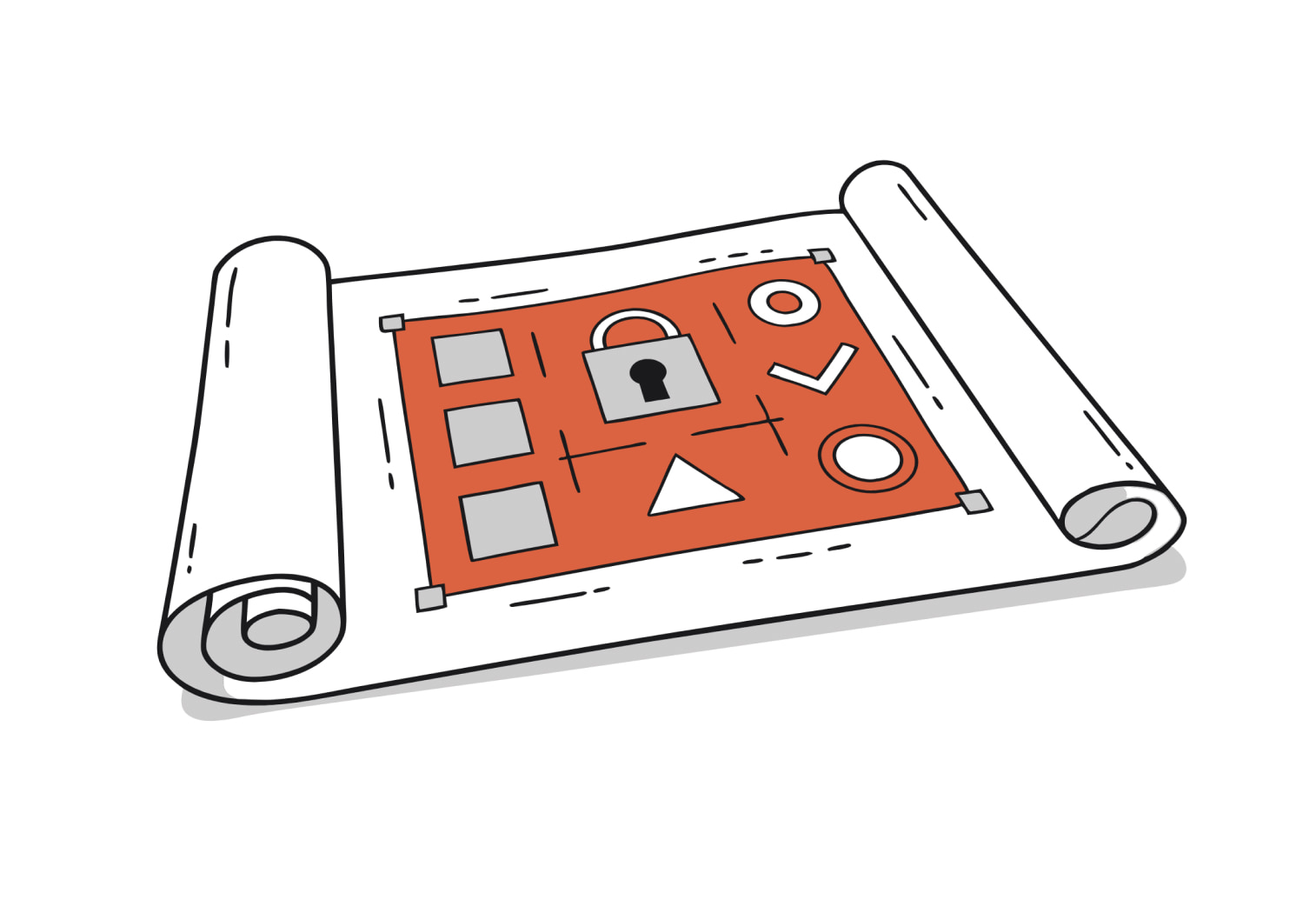ISMS ISO27001 Audit Process
The process begins with pre-audit preparations, where TechBrain conducts internal audits, reviews existing policies and procedures and addresses any identified gaps or weaknesses in their Information Security Management System (ISMS).
This stage ensures that the business is ready for the external audit process. Pre-audit preparations involve financial costs but are crucial for a smooth certification process.
During stage 1 of the audit, part of the initial certification audit, a certified auditor assesses the IT documentation to ensure what has been prepared meets the requirements of ISO27001.
This includes reviewing policies, procedures, risk assessments, and other relevant documents that demonstrate the organisation’s commitment to information security. The auditor also evaluates the overall readiness for the next stage of the audit process.
Stage 2 involves an on-site audit, during which the lead auditor conducts a thorough assessment of the organisation’s ISMS implementation.
This includes examining the effectiveness of security controls, verifying that the risk treatment measures are appropriate, and ensuring that the organisation’s security practices align with its documented policies and procedures.
Upon the completion of the audit, the certification body reviews the auditor’s findings and makes a certification decision. If the organisation meets the requirements, it is granted ISO27001 certification.
To maintain the certification, periodic surveillance audits are conducted, typically on an annual basis, to ensure ongoing compliance with the standard.
Additionally, every three years, a recertification audit is carried out to reassess the organisation’s adherence to the standard and confirm that its ISMS continues to evolve and adapt to the ever-changing security landscape.






